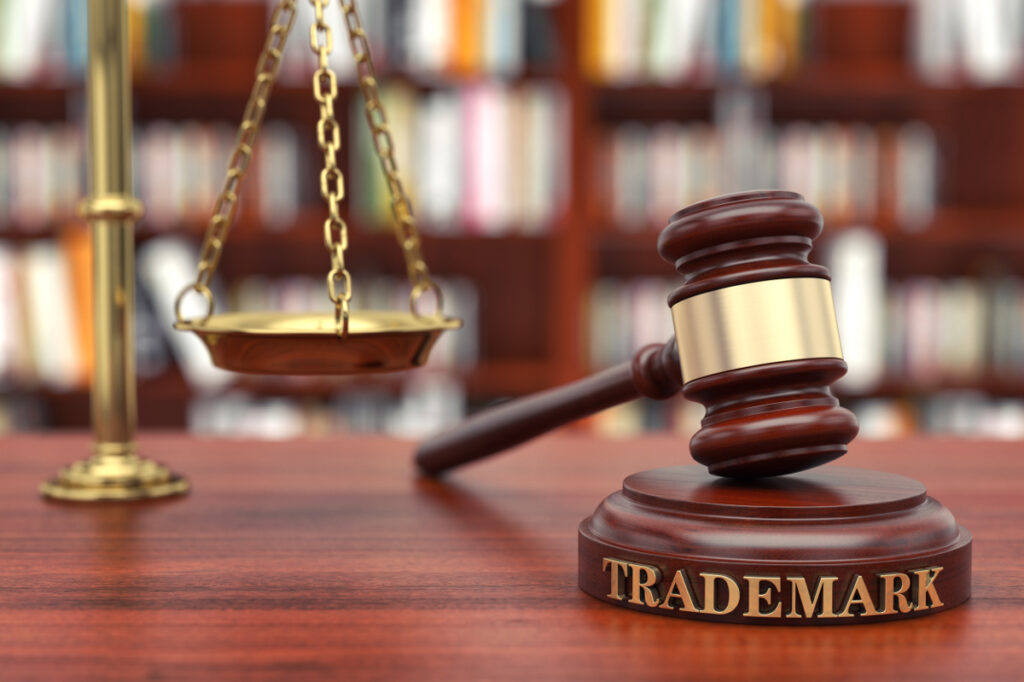Legendary rock band Pink Floyd has successfully obtained a court order against an unauthorized merchandise website. They cited trademark infringement and consumer deception. The US court has mandated the shutdown of pinkfloydmerch.com, instructing the domain registry and registrar to disable the site within a week.
Unofficial Merchandise Mislead Fans
The lawsuit, filed by Pink Floyd (1987) Ltd, the band’s intellectual property management company, accuses the website of operating a “fake online storefront” that misleads fans into believing they’re purchasing official Pink Floyd merchandise. In reality, the site allegedly sells subpar imitations, potentially harming both the band’s brand and unsuspecting consumers.
While the website claims to have a California office, the band’s representatives suspect this address is fictitious. The site also lists a warehouse in China, complicating enforcement efforts and highlighting the challenges of combating international trademark infringement.
Unauthorized Site Closed Down, Lawsuit Continues
The court’s temporary restraining order aims to swiftly halt the sale of unauthorized merchandise while the lawsuit proceeds. This legal strategy targets the domain name itself, as directly enforcing the order against overseas operators proves difficult.
Domain ownership doesn’t automatically correspond to trademark rights. However, trademark holders can pursue domain seizure if they can demonstrate bad faith on the part of the current owner. In this case, the lawsuit argues that the website’s deceptive practices, including claims of being the “OFFICIAL merchandise store for Pink Floyd fans,” constitute such bad faith.
Protecting Trademarks in the Digital Age
The band’s company acknowledges that protecting trademarks in the digital age often resembles a game of whack-a-mole. Rogue sellers have grown adept at switching domains and internet providers to evade legal action. This ongoing challenge is a common complaint among intellectual property owners seeking to enforce their rights online.
While this court order represents a victory for Pink Floyd, it also underscores the persistent difficulties faced by artists and brands in safeguarding their intellectual property in the global digital marketplace. As the case progresses, it may set precedents for how similar disputes are handled in the future, potentially influencing the broader landscape of online trademark protection and enforcement.

